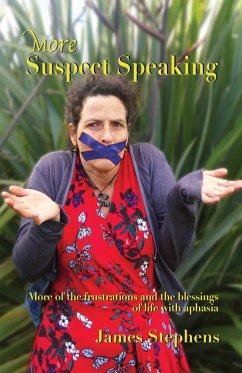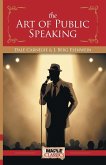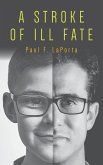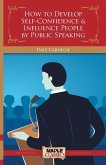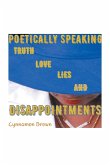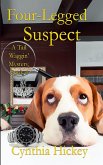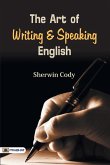The Suspect Speaker brought enjoyment, sadness, pathos and - for some - a realisation of how people cope, or not, with aphasia. Aphasia is the loss of a previously held ability to speak or understand spoken or written language, due to disease or brain injury. More Suspect Speaking features another fifteen short short stories featuring people who have difficulty in spoken communication. People with aphasia. Rather than a biography or an academic text, these stories reflect the everyday experience of people with aphasia, their supporters and carers. In these tales, they will see themselves or their loved ones. The vocabulary of these stories are deliberately adult because aphasia doesn't diminish intellect. People with aphasia have individual communication difficulties: some can't read very well, or their attention span is fatigued; some have lost some of their vision so it makes it hard to read text; some can't find the sense in the syntax; some lack contextual understanding, or comprehension of ideas; some understand the words, but they can't pronounce them; some insert other words or phrases instead of the ones they actually mean. More Suspect Speaking stories give a taste of what aphasiacs go through. More of the frustrations and blessings of life with aphasia. Every day. Every conversation. Each story (except the last one) has three versions: A, B and C. The A version is people who have an effort or difficulty in reading. The sentences are compact, the layout is spacious, and descriptions are sparse - perfect for people recovering from the effects of aphasia. The C versions are for people who can read ('recovered' aphasiacs?) or people with aphasia who enjoy being read to - by carers, family members, supporters. Or, for non-aphasiacs, these stories contain an inkling of what people with aphasia deal with. The B versions are in-between. For some people with aphasia, re-reading the stories in their recovery could be therapeutic. Enjoy. Or be enlightened, ps: I got feedback about The Suspect Speaker from a person who had English as a second language. He said that the A, B, C versions were incredibly helpful for increasing his English vocabulary! pps: The second edition has bigger font for the A and B versions (easier to read for people with aphasia) and footnotes rather than a glossary for Aotearoa/New Zealand or unfamiliar terms.

